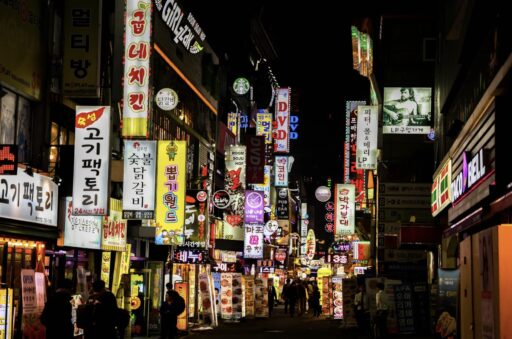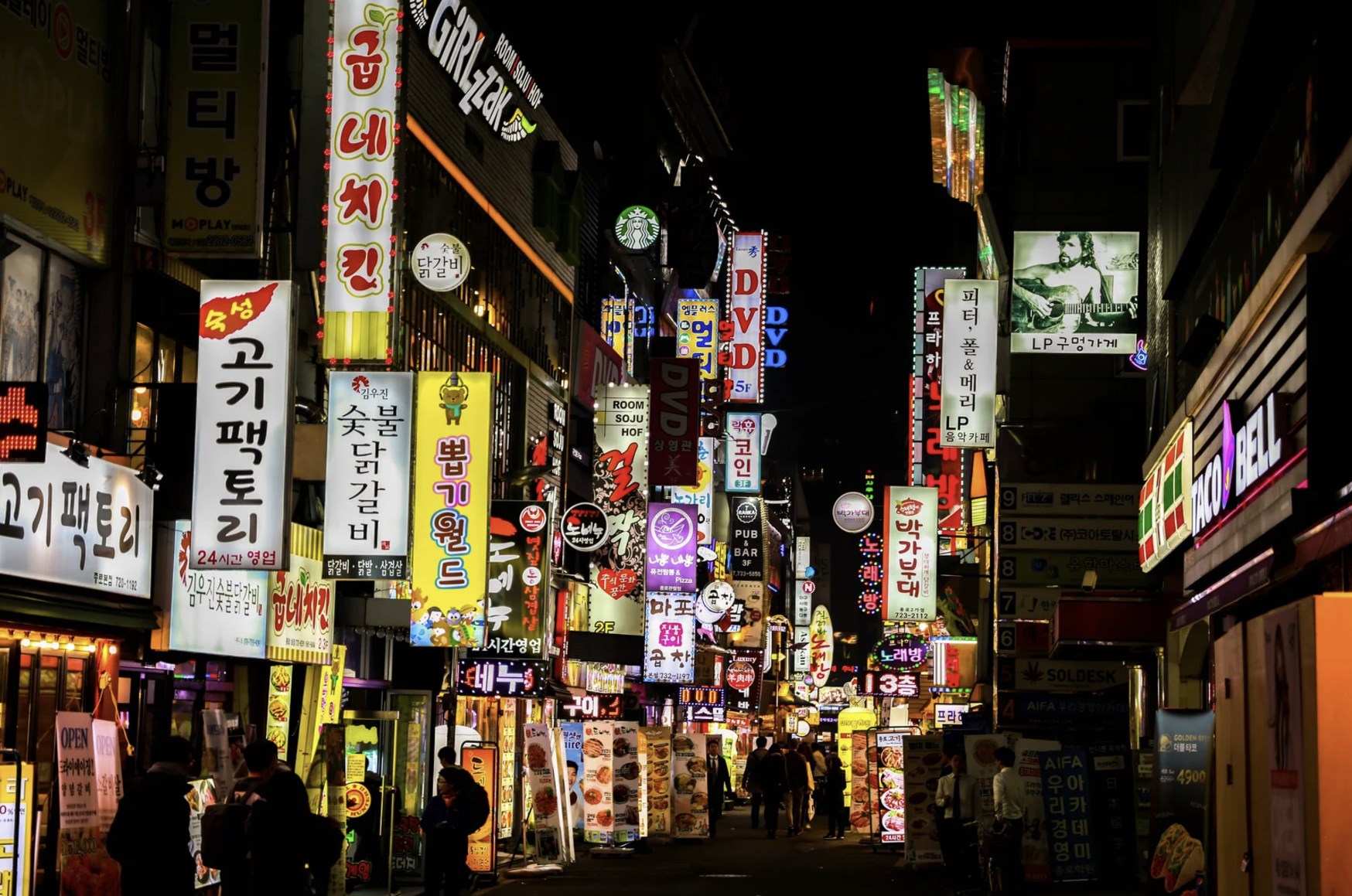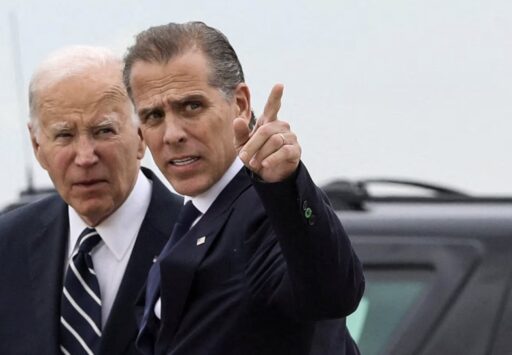The term “martial law” often elicits strong reactions, conjuring images of military authority taking over civil administration amid crises. In South Korea, the concept of martial law holds significant historical and political weight. This comprehensive article explores the advent, implications, and aftermath of martial law in South Korea, discussing key moments, constitutional aspects, and its impact on national security.
Historical Context of Martial Law in South Korea
South Korea’s modern history is punctuated with instances where martial law was enforced to maintain control and stability. One of the most notable occurrences was during the Korean War (1950-1953), when the government resorted to martial law to maintain order amidst an invasion by North Korea. The tense geopolitical climate necessitated extreme measures to protect the nation’s sovereignty and national security.
Post-war, South Korea continued to grapple with internal and external threats. The country’s tumultuous journey towards democracy has been marked by several periods of martial law. These episodes were typically announced during times of national emergency to combat perceived threats from anti-state forces or during severe political crisis situations.
Key Events Involving Martial Law
- The April Revolution of 1960: Following the rigged election and massive protests, President Syngman Rhee declared martial law. Ultimately, this led to his resignation.
- The Gwangju Uprising of 1980: Amid fierce opposition against General Chun Doo-hwan’s rule, martial law was imposed to quash dissent. The authoritarian measure resulted in tragic violence against civilians but also fueled the pro-democracy movement.
Constitutional Aspects and Legal Framework
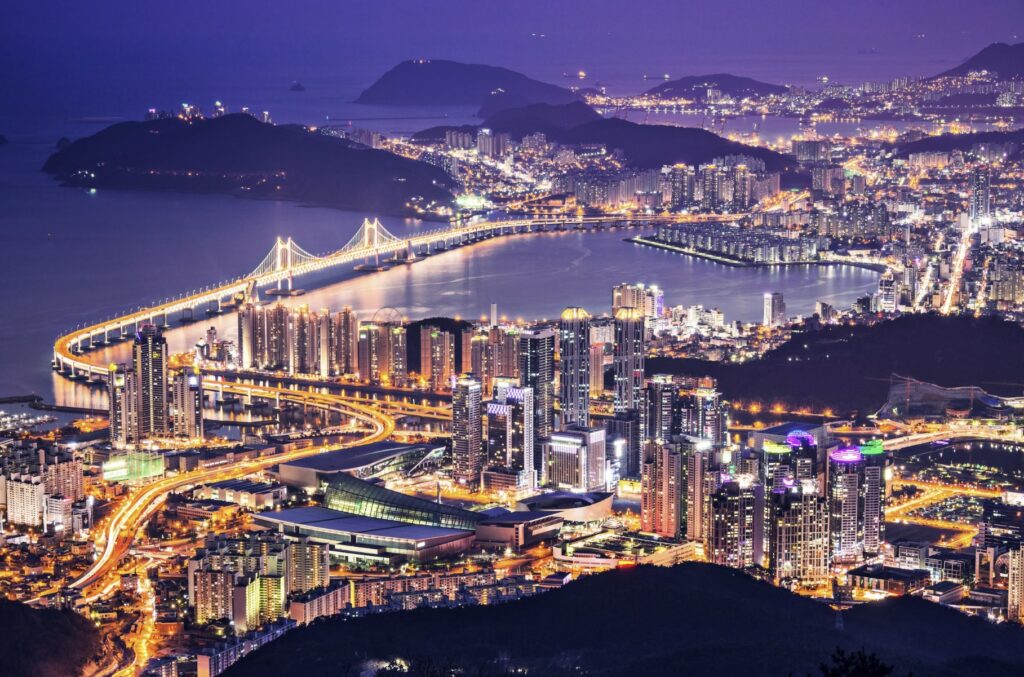
In South Korea, martial law operates within a defined constitutional framework. According to the constitution, the president has the power to declare martial law during times of war, armed rebellion, or major national emergencies that pose an imminent threat to public safety. Once enacted, military authorities can temporarily override civil governance to restore order.
Despite these provisions, the implementation of martial law raises complex legal and ethical questions. It gives extensive powers to the state, including suspension of certain civil liberties such as freedom of assembly, press censorship, and detainment without trial. This exceptional measure is supposed to be short-term, intended to stabilize the nation before returning control to civilian governance.
Role of the Military During Martial Law
When martial law is declared, the military assumes full administrative control. Military authorities are granted sweeping powers to impose curfews, restrict movements, and enforce stringent regulations to maintain peace and security. This shift in power underscores the gravity of the situation, highlighting the need for utmost vigilance.
The involvement of the military is twofold: to curb the immediate threat and support the eventual restoration of normalcy. Historically, however, this transition has not always been smooth. The balance between maintaining order and respecting human rights becomes delicate under military rule. This precarious position often attracts criticism from opposition parties and international observers.
Notable Figures and Their Roles
Several key individuals have played pivotal roles during periods of martial law in South Korea:
- Park Chung-hee: A central figure in Korean politics who declared martial law multiple times during his presidency, emphasizing economic development while suppressing political dissidence.
- Chun Doo-hwan: His imposition of martial law in 1980 led to the Gwangju Massacre. Though intending to quell unrest, his actions ultimately sparked greater demands for democratization.
Impact on Democracy and Civil Liberties
While martial law aims to restore order during tumultuous times, its enforcement has profound ramifications on democracy and civil liberties. The curtailment of freedoms and authoritative governance often leads to public outcry and resistance. Historical examples show how martial law can kindle long-standing resentment and drive movements advocating for democratic reforms.
For example, the Gwangju Uprising remains a poignant chapter in South Korea’s history, symbolizing the struggle for democracy against oppressive measures. Despite the immediate crackdowns through martial law, grassroots activism grew stronger, ultimately leading to significant political change and the establishment of democratic principles.
Modern Perceptions and Challenges
Today, South Korea stands as a robust democracy, yet the shadows of past martial law declarations linger. The country’s political leaders must navigate carefully through national emergencies, mindful of both security needs and civilian rights. As such, any consideration of martial law now faces intense scrutiny from the media, human rights organizations, and the global community.
President Yoon Suk Yeol‘s administration, like those before it, confronts the delicate task of protecting national security while preserving democratic values. Political crises continue to test this balance, especially in a region with ongoing tensions and potential threats. The specter of martial law serves as a reminder of the persisting challenges in safeguarding both security and freedom.
Political Crisis and Impeachment Scenarios
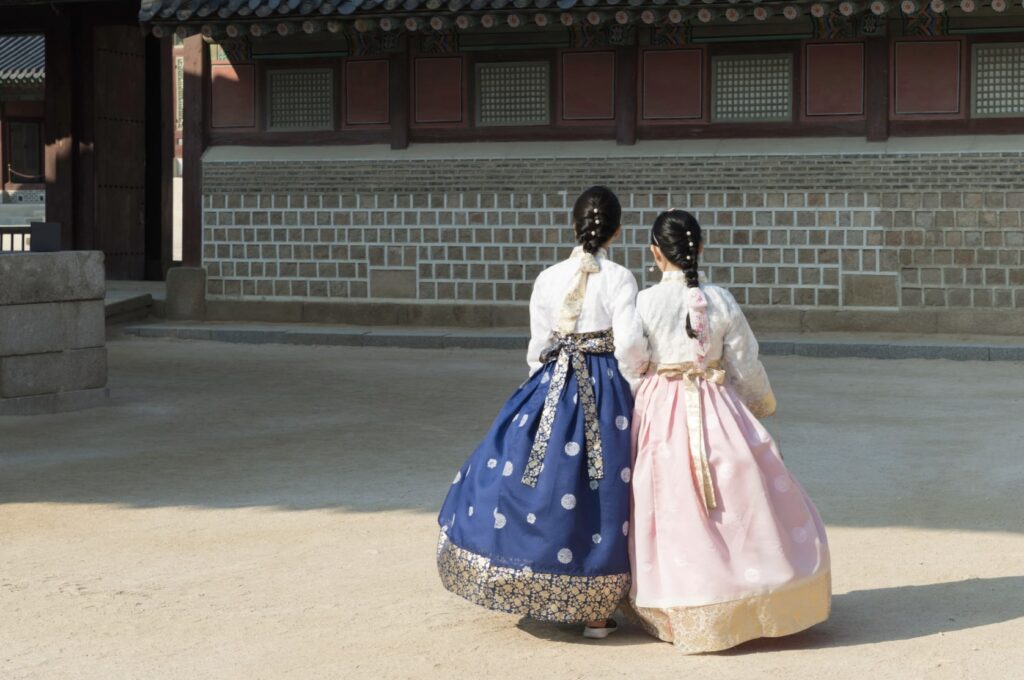
South Korea’s political landscape is frequently volatile, with opposition parties and ruling governments clashing over various issues. During heightened political crises, the dialogue around martial law often resurfaces. Scenarios involving presidential impeachment add another layer of complexity to the discussion, given the immense pressure on political stability and continuity of governance.
For instance, the impeachment of President Park Geun-hye in 2016 thrust the nation into uncertainty. While martial law was not declared, the event illustrated how fragile political stability could prompt debates on extreme measures. Swift judicial and legislative actions are typically favored over martial law to address crises within a democratic framework.
Opposition Parties’ Perspectives
Opposition parties in South Korea play a crucial role in checking the government’s use of extraordinary powers. They are often vocal critics of any movement toward martial law, emphasizing the need for transparent and accountable governance. Their stance ensures that the process adheres strictly to constitutional norms and protects citizens’ rights.
This opposition creates a necessary barrier preventing the misuse of martial law, fostering debate and ensuring that alternative solutions are explored before such drastic steps are considered. Even in times of national emergency, the push for dialogue and democratic problem-solving resonates strongly within the political culture.
Although South Korea has evolved into a flourishing democracy, the experiences and lessons learned from past martial law declarations remain deeply ingrained in its collective memory. The tension between maintaining security and upholding democratic values continues to shape policies and governmental decisions. Ensuring that martial law is regarded as a measure of last resort is vital for the preservation of civil liberties and the enduring strength of South Korean democracy.
